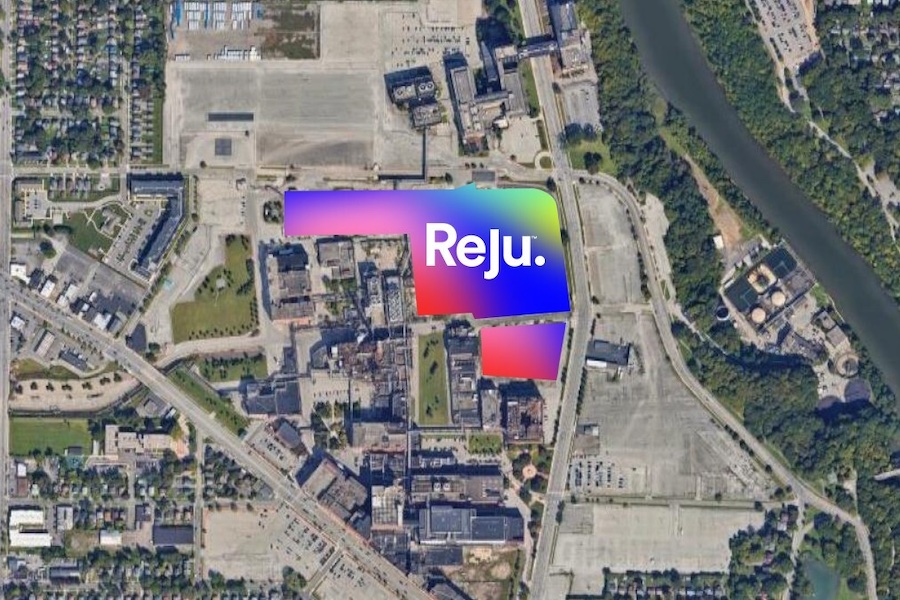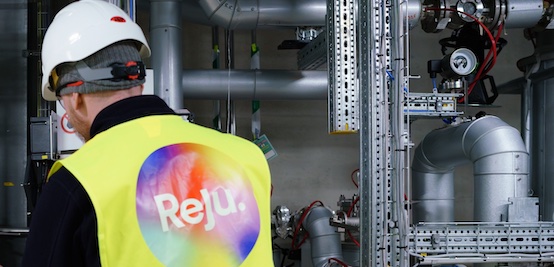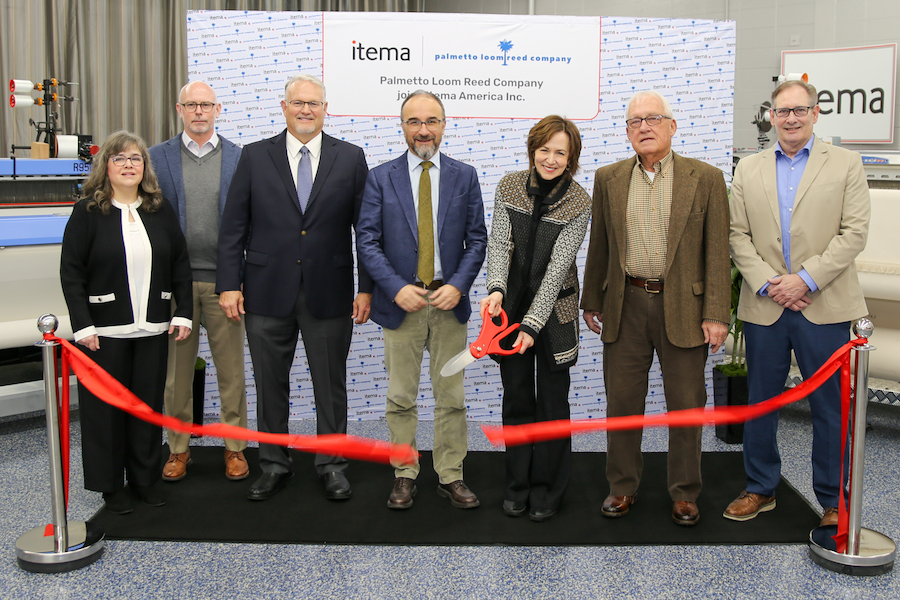#Recycling / Circular Economy
Reju announces strategic partnerships with Utexa in Central America and Antex in Europe
Yarns produced at Utexa’s plant in Choloma, Honduras and Antex’s Girona, Spain facility are scheduled to be utilized by Reju’s brand partners for garment development and analysis of near shore supply chains by October 2025.
The partnerships are part of Reju’s strategy to create measurable impact on the regional post-consumer textile waste problem in the areas the problem is created. While building a new circular textile system that helps to enable aggregation of textile waste as well as the sorting and preparation infrastructure for recycling to be built and scale, and that will allow EPR schemes to become possible in region. The partnerships will also provide opportunities for diversifying and near-shoring portions of their supply chains.
"These partnerships accelerate the development of high-quality, sustainable yarns meeting the growing demand for environmentally responsible, regionally sourced textile solutions,” said Patrik Frisk, CEO at Reju. “By combining the proven manufacturing capabilities of Utexa and Antex with Reju's polyester, we will drive meaningful change in the textile industry, demonstrating the ability to produce high quality yarns and fabrics within the continents where our Regeneration Hubs will be located. Aligning with these mills enables us to deliver products that not only meet the expectations of conscious consumers, but also, contribute to a more sustainable future for the planet."
The benefits of Reju Polyester are:
+ Lower Carbon Emissions: Reju's regeneration process provides a 100% textile-to-textile recycled polyester with a carbon footprint about 50% lower than that of virgin polyester.
+ Regenerated Quality: Owing to Reju’s regeneration technology, polyester produced by the company will be of the highest grade for textile applications, avoiding the thermal degradation, contaminants, and co-monomers often associated with thermo-mechanical recycling processes.
+ Resilient Supply: By focusing on the local challenge of post-consumer waste, and identifying partners in-region, partnering with Reju advances a stable, near-shore supply chain option that can improve flexibility and time-to-market for brands.
"Working with Reju reinforces our mission to advance textile innovation and speed in the Americas," said Jon Pavlansky, President at Utexa. "We look forward to exploring the full potential of Reju Polyester and setting a new industry standard in sustainable yarns.”
Reju’s circular polyester aligns perfectly with our commitment to sustainable innovation, speed, and efficiency for textile supply chains,” said Marta Molist, Innovation & Sustainability Director at Antex. “As a global producer of multifilament yarns, we’re proud to help bring this next-generation material to life, delivering performance, quality, and environmental responsibility at industrial scale.”
Further updates on the progress and results of the pilot program will be shared in the coming months. For more information about Reju, visit reju.com and LinkedIn.















